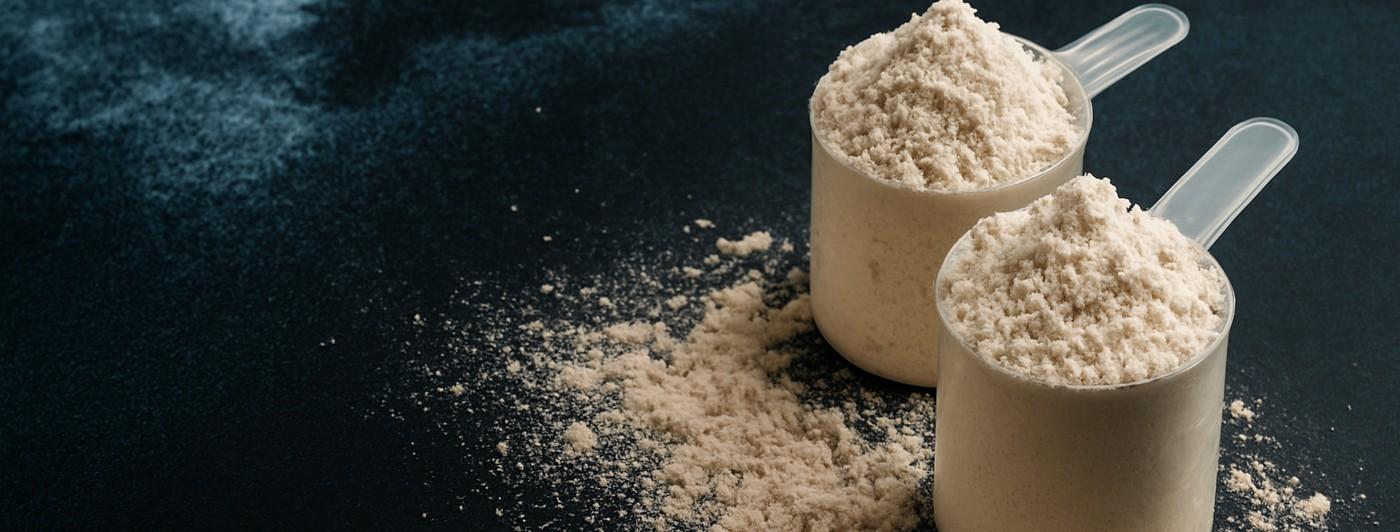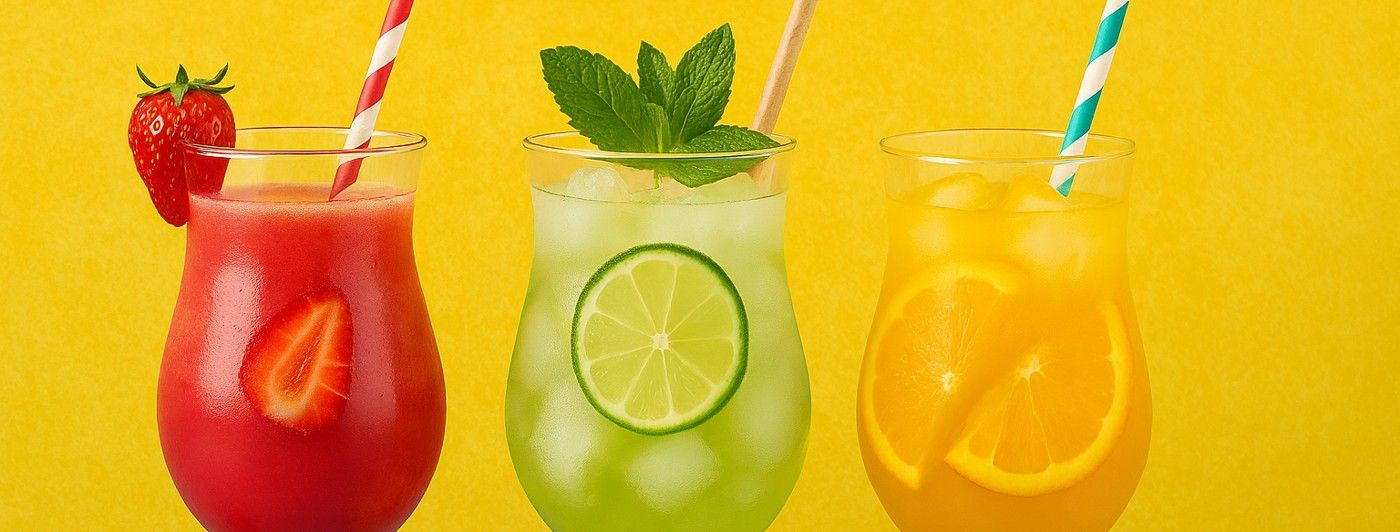Are You Drinking a Health Booster—or a Hidden Toxin?
The rise of plant-based nutrition is more than just a trend—it’s a global shift. With more people choosing clean, cruelty-free, and allergen-friendly alternatives, plant based protein powders are seeing explosive growth. From fitness enthusiasts to busy professionals, individuals are increasingly turning to these convenient powders for daily protein intake.
However, alongside the popularity comes a pressing concern: Is there a protein powder heavy metals risk in plant-based supplements?
With headlines warning about arsenic, lead, cadmium, and mercury in health products, it’s essential to examine what the science says, what risks exist, and how you can make smart, safe choices.
Understanding the Protein Powder Heavy Metals Risk in Plant-Based Products
The term protein powder heavy metals risk has gained traction in recent years due to independent lab tests and studies highlighting contamination in both plant- and animal-based protein supplements. The concern lies in the potential accumulation of toxic heavy metals like lead, arsenic, cadmium, and mercury—substances that, when ingested over long periods and in large amounts, may lead to severe health consequences.
These include:
-
Neurological damage
-
Kidney and liver dysfunction
-
Developmental issues in children
-
Increased risk of cancer
In 2018, a study by the Clean Label Project tested over 130 protein powders and found that many contained detectable levels of heavy metals. Notably, some plant-based proteins had higher concentrations compared to whey proteins. But the nuance lies in understanding why this occurs.
Why Are Heavy Metals Present in Plant-Based Protein Powders?
Plants used in protein powders—like peas, rice, and hemp—grow in soil that may contain naturally occurring heavy metals or be exposed to industrial pollution. These crops absorb both beneficial minerals and harmful contaminants from their environment. For example, rice tends to accumulate arsenic more readily due to the way it’s cultivated in water-flooded fields.
Thus, the protein powder heavy metals risk in plant-based supplements is less about processing flaws and more about the origin and quality of raw ingredients. That said, it doesn't mean every plant-based protein powder is unsafe. In fact, most well-regulated products fall well within permissible limits established by global health agencies.
The U.S. FDA, EFSA (European Food Safety Authority), and WHO all set tolerable daily intake (TDI) levels for heavy metals. Reputable manufacturers ensure their products meet or exceed these standards, and some go even further by adopting voluntary third-party testing certifications.
How to Reduce the Protein Powder Heavy Metals Risk
You can take several steps to protect yourself from the protein powder heavy metals risk, especially if plant-based supplements are part of your daily regimen:
1. Choose Transparent Brands
Look for companies that publish third-party lab results. Certificates of Analysis (COAs) confirm the absence—or minimal levels—of contaminants.
2. Verify Ingredient Sourcing
Avoid powders sourced from regions known for heavy industrial pollution. Products made from organically grown crops in cleaner soil conditions are usually safer.
3. Diversify Your Protein Sources
Incorporate other vegan protein sources like lentils, tempeh, quinoa, or nuts into your diet. This reduces the risk of overexposure from any single food source.
4. Don’t Overdo It
Supplements are meant to fill nutritional gaps—not replace meals. Excessive protein supplementation can compound contamination risks and stress your liver and kidneys.
5. Look for Certified Products
Certifications like USDA Organic, NSF Certified for Sport, and Informed Choice indicate high standards of safety, cleanliness, and traceability.
Are Plant-Based Proteins Safer Than Animal-Based Ones?
While heavy metals are more likely to be found in plant-based powders due to soil absorption, dairy-based proteins like whey and casein come with their own concerns. These may include:
-
Hormonal residues (from cows treated with growth hormones)
-
Antibiotic traces
-
Lactose intolerance and allergic reactions
-
Artificial flavors and sweeteners
This makes plant protein a compelling option for those who prioritize clean-label nutrition. The protein powder heavy metals risk is manageable when you select responsibly produced products. In fact, when brands commit to ethical sourcing and transparent testing, plant proteins can be just as safe—and often cleaner—than their animal-based counterparts.
The Role of Protein Powders in Women’s Health and Fitness
Protein is crucial for muscle repair, hormonal balance, bone density, and overall metabolic function. Women, especially those following restrictive diets or plant-based lifestyles, may struggle to meet protein needs through whole foods alone. This is where protein powder for women becomes essential.
Moreover, protein supplements for women that are derived from clean, plant-based sources offer a hypoallergenic and easy-to-digest alternative. They support lean muscle development, help stabilize blood sugar, and aid recovery from workouts without the bloating often associated with dairy-based powders.
These benefits make plant-based protein powders a favorite among women seeking high-quality nutrition aligned with their health goals.
Plant Protein and Heavy Metal Regulation: What’s Changing
Consumer awareness around the protein powder heavy metals risk has pressured brands and regulators to improve practices. Companies like our own, Plantigo vegan protein powder, have taken proactive steps—emphasizing clean sourcing, rigorous testing, and full ingredient traceability.
This movement isn’t isolated. The broader industry is adapting as well:
-
The FDA and EPA are revising acceptable limits for heavy metals in dietary supplements.
-
Manufacturers are investing in advanced purification processes to remove contaminants.
-
Packaging is being reengineered to prevent chemical leaching or metal migration.
-
Some retailers now require COAs for all supplement products sold through their platforms.
These evolving standards indicate that the future of plant-based supplementation will be not only cleaner but safer and more transparent.
What About Collagen and Other Functional Protein Trends?
As people look for comprehensive wellness solutions, interest in collagen sources is growing—especially for skin, joint, and bone health. Traditional collagen is animal-derived, often from bovine or marine sources. However, a new wave of plant-based collagen builders is entering the market, providing an option for vegetarians and vegans.
Though not identical to animal collagen, these plant-derived options stimulate the body’s own collagen production and often pair well with plant protein supplements for a holistic approach to health and aging.
Keto and Vegan—Can Protein Powders Fit Both?
Balancing a keto diet chart with plant-based principles can be tricky—but not impossible. Many clean-label vegan protein powders are low in carbs and high in fiber and fat-friendly ingredients like coconut or flax. They help maintain ketosis while supporting muscle repair, energy levels, and satiety.
For those on a vegan or ketogenic path, choosing the right protein powder becomes essential. A product that’s free from sugar, artificial fillers, and heavy metal contamination can seamlessly support both diets.
Final Word
Yes, the protein powder heavy metals risk is real—but it’s also manageable. Like any nutritional supplement, protein powders require careful scrutiny. The key lies in informed selection, responsible sourcing, and moderated use.
By opting for trustworthy brands like Plantigo vegan protein powder, being conscious of ingredient origins, and reviewing lab testing documentation, you can confidently enjoy the benefits of plant-based proteins without the fear of contamination.
From vegan protein sources to collagen boosters and protein supplements for women, the clean-label movement is growing stronger every day. The future is promising, and with the right choices, your health goals can be met—safely and sustainably.












